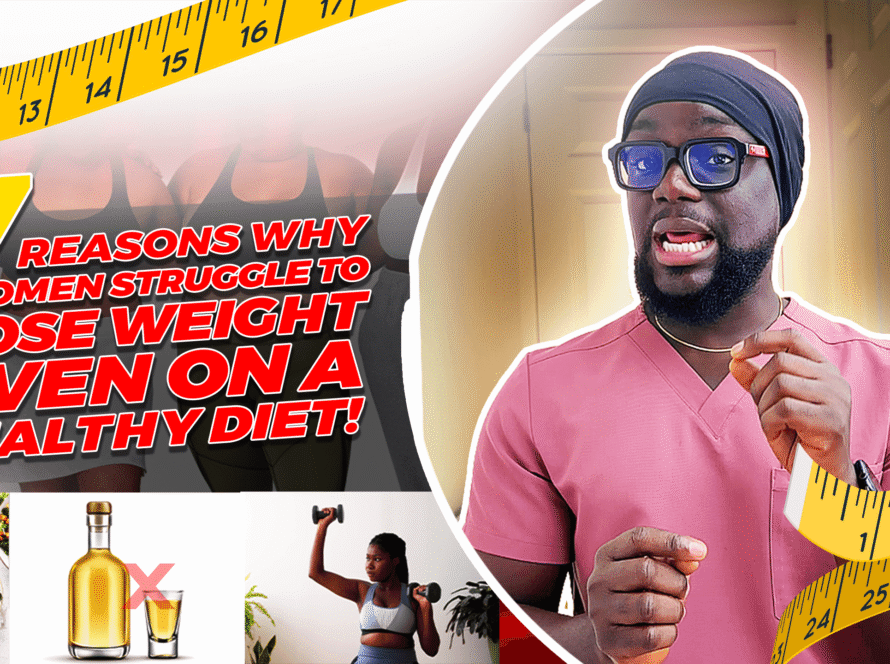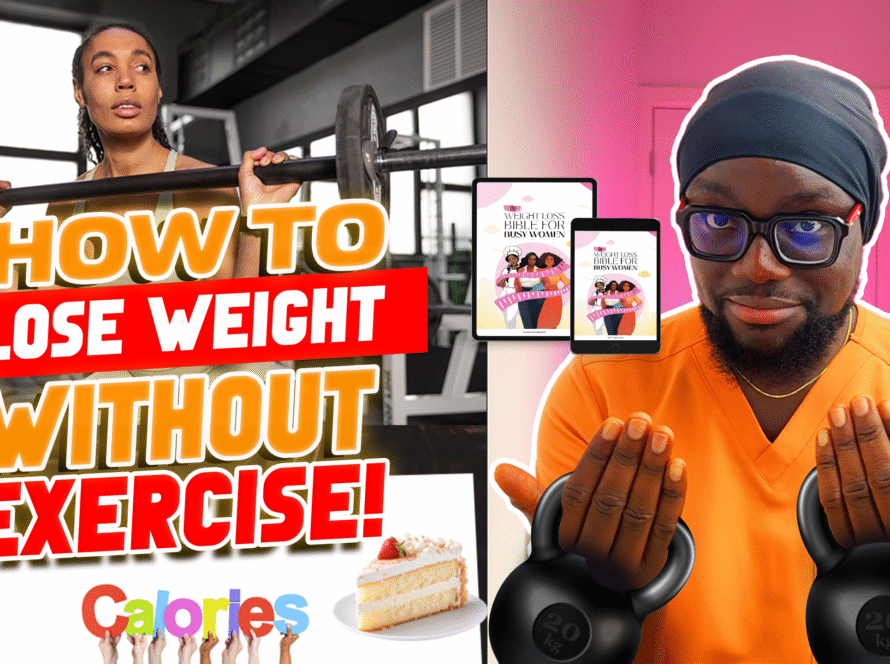Hi, I’m Dr. Tolu, a medical doctor and content creator. My videos on sexual health have reached millions of people—and today, I want to talk directly to couples trying to conceive. We’re going deep into what you need to know to boost your fertility and optimize your chances of getting pregnant.
Understanding Fertility and the Fertile Window
Let’s start with the basics.
Conception usually happens when sperm meets egg during the fertile window, which is about 5 to 6 days around ovulation.
Now here’s the reality:
For couples under the age of 35, it may take up to a year to conceive naturally. In fact, 4 out of 5 couples will conceive within that time.
So—
If you’re under 35 and you’ve been trying for a year without success, then it’s time to consider seeing a healthcare provider.
But if you’re over 35 or have irregular cycles, don’t wait a full year—see a doctor after 6 months.
The goal? Don’t panic. Just be well-informed.
When Should You See a Fertility Specialist?
Look out for these red flags:
- Trying for 12 months (under 35) or 6 months (over 35) with no success.
- Irregular, painful, or absent periods.
- A history of multiple miscarriages.
- Medical conditions like PCOS, fibroids, or low sperm count.
If any of these apply to you or your partner, early intervention is key. It can save you time, stress, and emotional energy.
And no—you’re not bothering your doctor by getting checked. Please, go.
Fertility Tests and Investigations
Once you visit a specialist, both partners are usually tested. Here’s what to expect:
For Women:
- Hormone profile tests—including LH, FSH, estrogen, AMH, prolactin, and thyroid hormones.
- Pelvic ultrasound—to check ovaries, uterus, fibroids, or cysts.
- HSG (Hysterosalpingogram)—an X-ray to check if the fallopian tubes are open.
- Baseline blood tests and possibly vaginal swabs for infections.
For Men:
Let me emphasize this: fertility is a shared responsibility. Both partners matter.
- Semen analysis—to check sperm count, movement, and shape.
- If abnormalities are found, a male hormone profile may be requested.
The purpose of all these tests?
To get a clear picture of what’s happening and choose the right support.
Lifestyle Changes to Improve Fertility
Both partners, take note. These things matter a lot:
For Both:
- Maintain a healthy body weight through diet and exercise.
- Get good sleep and manage stress.
- Avoid recreational drugs, limit alcohol, and no smoking.
- Eat a balanced, nutrient-rich diet.
For Women:
- Start folic acid supplements: 400 mcg daily is the standard.
- If there’s a family history of neural tube defects, you may need a higher dose.
- If you have PCOS, managing carbs and insulin levels helps with ovulation (also explained in my book).
For Men:
- Keep your testicles cool:
- Avoid tight underwear.
- No laptops on your lap.
- Skip hot tubs.
- Avoid tight underwear.
- Eat foods rich in zinc, selenium, and antioxidants.
- (Take a screenshot of the food list in the video.)
- (Take a screenshot of the food list in the video.)
- Reduce exposure to:
- Radiation.
- Plastics (especially microplastics).
- Pesticides.
- Radiation.
Pro tip: Don’t microwave food in plastic containers—use ceramic or glass instead.
These might seem like small tweaks, but they can make a big difference.
If You’ve Tried Everything… What’s Next?
If you’ve made all the changes and you’re still struggling, a fertility clinic may recommend advanced options:
- Ovulation induction with meds like Clomid.
- Intrauterine insemination (IUI).
- IVF (In Vitro Fertilization).
- Egg or sperm donation—in some cases.
But let’s be real:
This phase can be emotionally draining and financially demanding.
That’s why counseling and support groups are powerful tools. Don’t walk through it alone.
If you’re overweight and trying to lose fat, check out my book, The Weight Loss Bible for Busy Women. It’s designed for women with busy schedules
A Final Word from Dr. Tolu
Trying to conceive is one of the most beautiful but emotionally intense seasons of any couple’s life.
- For some, it happens fast.
- For others, it takes careful planning and patience.
If you’re in the second group, remember this:
You are not broken. You are not alone.
There is clinical, emotional, and even spiritual support for you.

